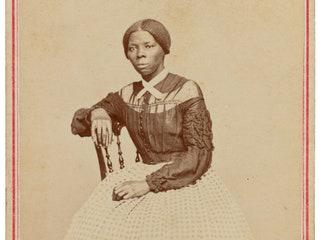
2024-06-24 3552词 晦涩
On the night of June 1, 1863, five months after the Emancipation Proclamation and a few weeks before the Battle of Gettysburg, Tubman accompanied Colonel James Montgomery and the newly freed men of the 2nd South Carolina Volunteers as they boarded three steamboats off the coast of Beaufort. Their paddle wheels turned quietly in the dark as the vessels advanced toward St. Helena Sound. From the pilot house of the lead steamer, Tubman watched a full moon rise, its light a welcome guide for the raiders as they avoided pluff mud and mines, following a serpentine, twenty-five-mile route up the river. By the next morning, Montgomery’s men had landed and driven off the few remaining Confederate pickets, most enemy soldiers having fled the so-called sickly season, when malaria and yellow fever ravaged the coast. Thanks to Tubman’s intelligence, the Union troops faced almost no resistance besides a few skirmishes; after destroying a pontoon bridge they marched on seven plantations, burning whatever they could not confiscate. Millions of dollars in property was left smoldering as soldiers made away with rice, cotton, corn, chickens, pigs, and horses, but the soldiers were soon overwhelmed by a different kind of “contraband.”
免责声明:本文来自网络公开资料,仅供学习交流,其观点和倾向不代表本站立场。